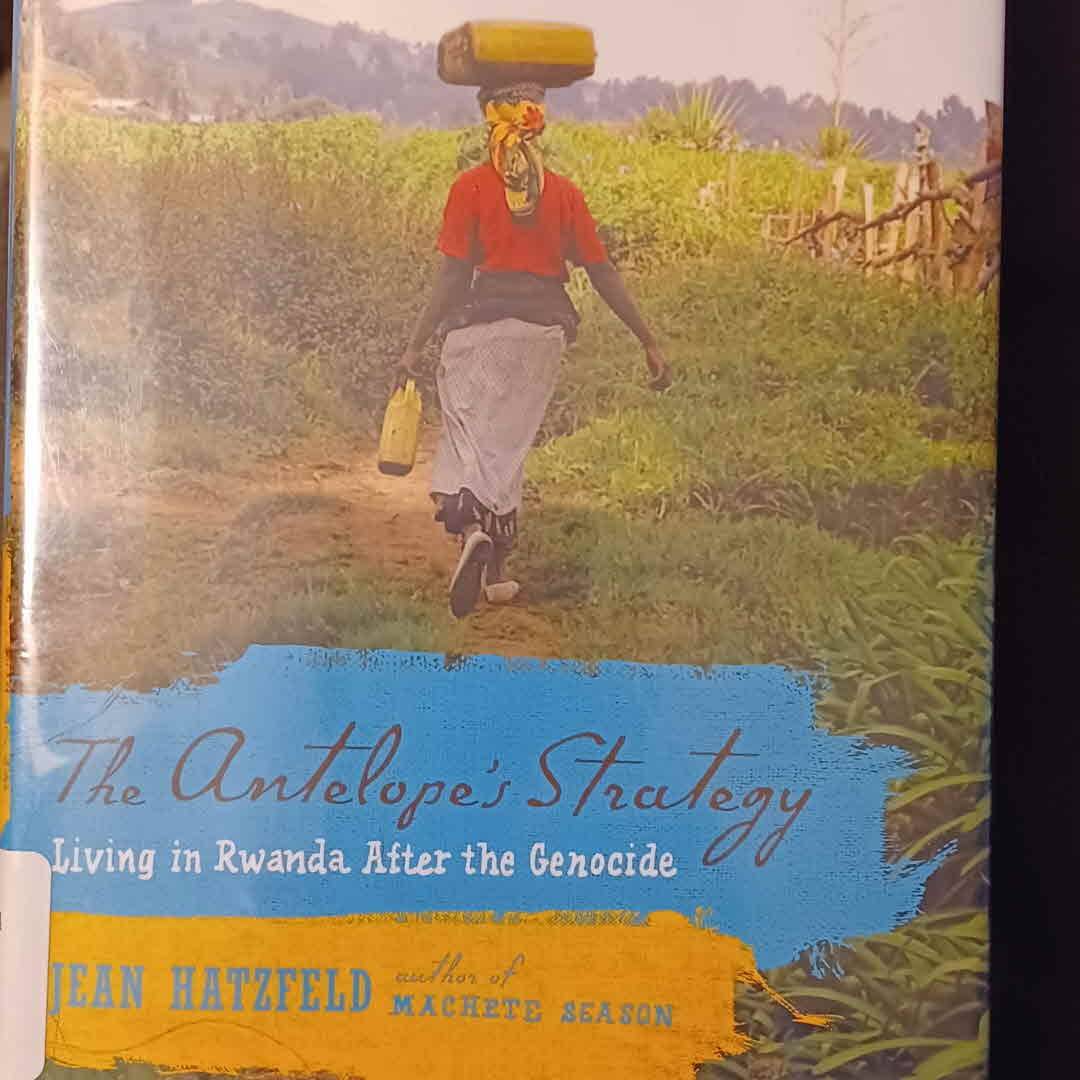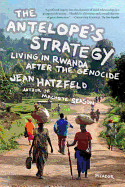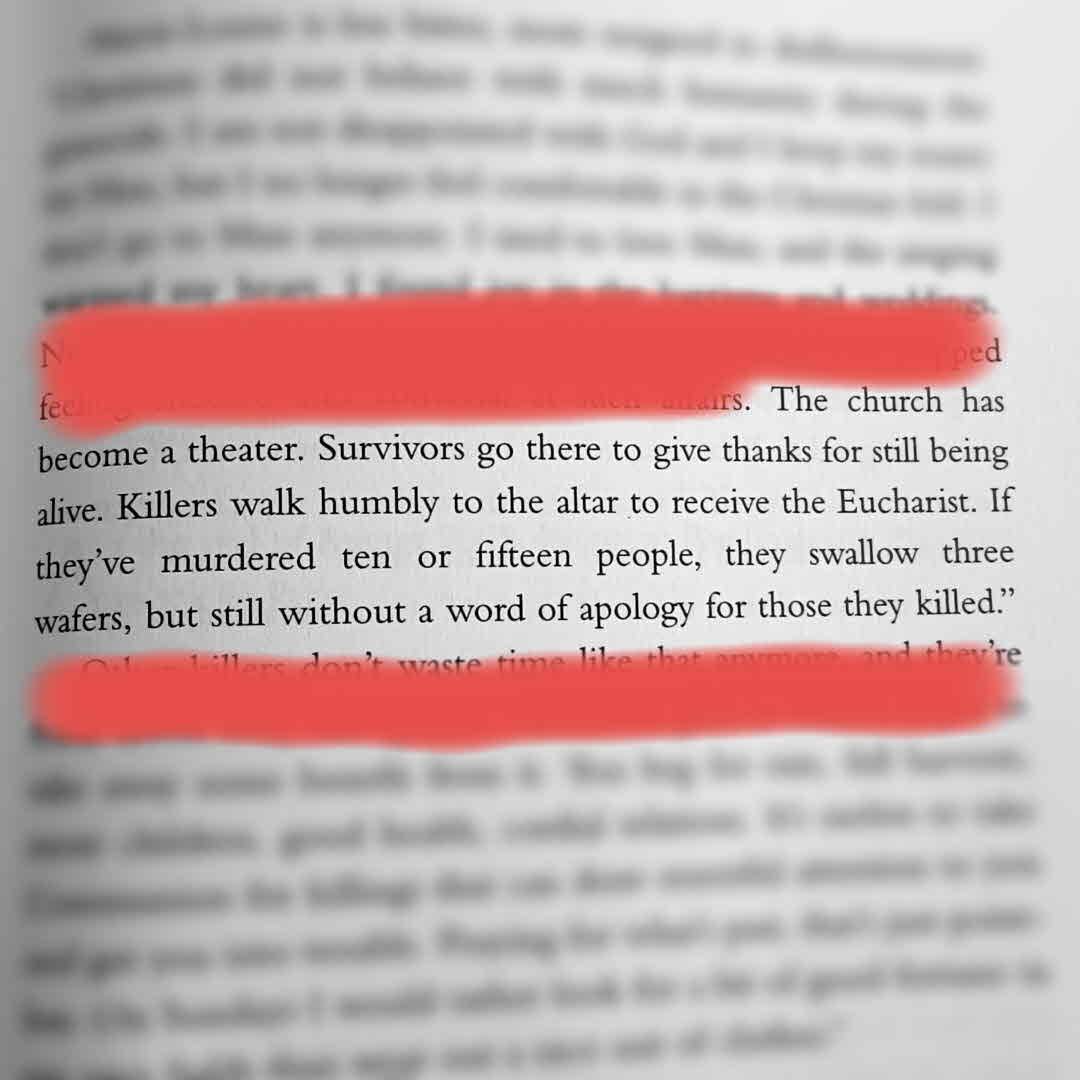
In 2003, the president of Rwanda unexpectedly granted a pardon to those who committed genocide in 1994. The killers moved right back into their old villages, coming face to face with the survivors of the families of those who they had killed. As you can imagine, that was a tad bit awkward.
10 likes





















